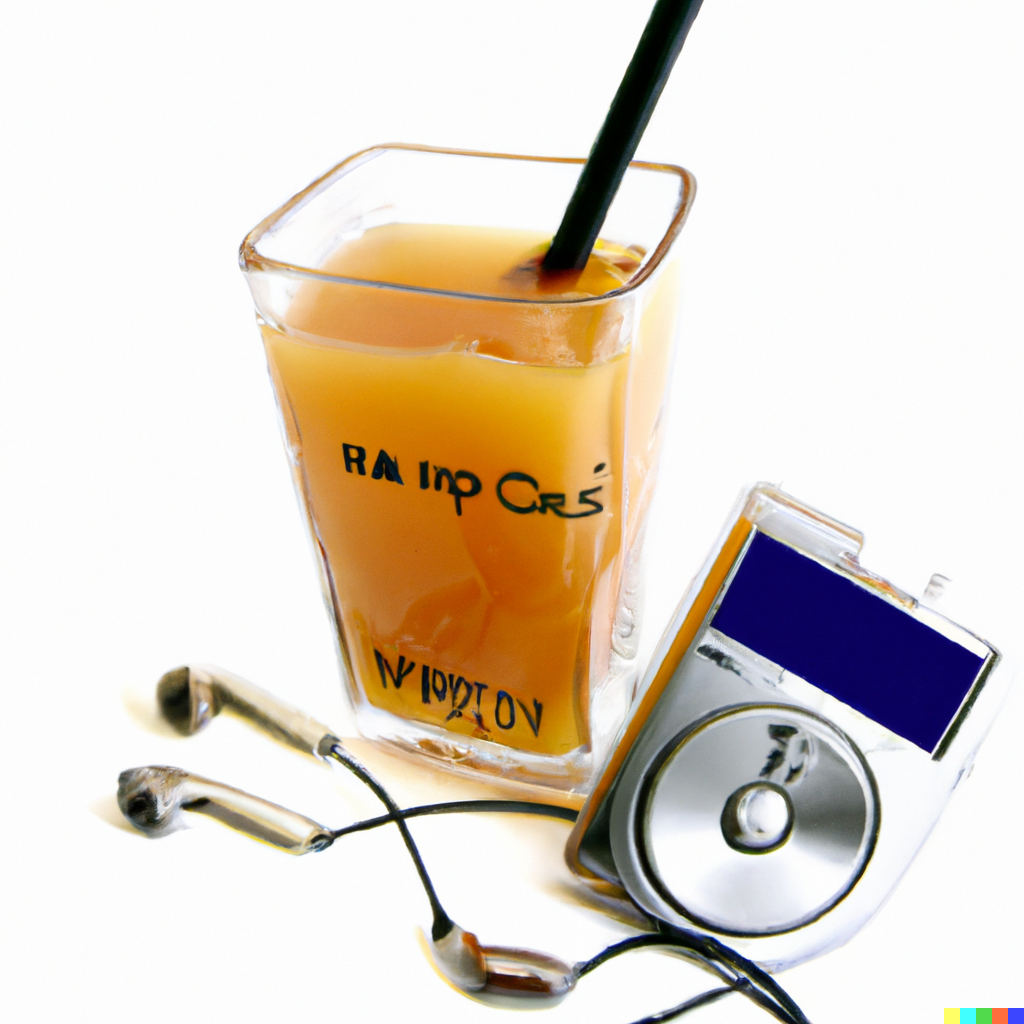MP3 is one of the most popular audio formats use for playback and storage in today’s digital devices. It is also widely use for online streaming.
However, there are many other audio formats that may be better for you depending on your needs and preferences. In this post, we will compare and contrast MP3 converters with other audio formats, such as WAV or FLAC, to find the best fit for your situation.
MP3 Converter
MP3 is one of the most popular digital audio formats, which means you can play it on just about any device or media player. However, sometimes you may need to convert music files from MP3 to another format so that they can be played on a different type of device. This is why you need an audio converter, which makes it easy to transform your MP3 files into any other format, without losing any of their original quality.
It can help you if you want to enjoy your music in a more high-definition way, and it’s also great for sharing with friends. This is because it has a fix compression ratio that lets you balance the size of your files and the quality of your music.
The smallest possible MP3 file is about 320,000 bits per second, or 320 kbps, which is more than twice as high as CD quality. While most people can’t tell the difference between an mp3 with 256 kbps and one with 320 kbps, there are people who like to hear higher bit rates for better sound quality.
Lastly, this tool supports full tags transfer between your source and output files, so you can add missing ID3 tags from your online databases or local folders to the music files before converting them. This can make the process of organizing your music more efficient and help you find songs quickly when you’re looking for them.
In addition to allowing you to convert between several different types of audio, this program also offers a clean interface and simple conversion steps. You can upload your audio files, choose the output format and quality, and start the conversion process. It also provides you with details progress reports so you can see what’s happening throughout the process.
WAV Converter
There are many different audio file formats, and it can be hard to know which is the best for your needs. MP3 and WAV are two of the most common, but there are others, too. Knowing which format is right for you can help you save time and effort when converting files.
The most popular choice among consumers is MP3, as it allows you to store a large amount of sound without taking up a lot of space. But this format is also quite lossy, meaning that some of the original data from your source will be lost during the compression process.
If you need a more lossless format that won’t lose any of the original sound quality, you may want to consider WAV. Unlike MP3, WAV is uncompress and contains more data, which means that it won’t have to be compresses. This can help reduce the overall file size and allow you to take your music anywhere.
This format is also much more compatible with online uploading options, making it easier to share your music on sites like YouTube. It’s also a great choice for those who want to save space on their hard drive or mobile devices.
But if you’re looking for the absolute best format, it’s still best to convert your files into WAV rather than MP3. While the audio quality of an MP3 can be very good, you won’t be able to fully restore the original sound quality when converting.
If you’re looking for a free, easy-to-use, and powerful audio conversion program, MiniTool MovieMaker is an excellent option. It converts AVI, FLV, MKV, WAV, and more to MP3 and can automatically normalize volume levels. This makes it a great tool for encoding all types of video and audio formats.
FLAC Converter
When it comes to audio format conversion, FLAC is one of the most popular choices among audiophiles and users who want to get the most out of their music. Unlike WAV, FLAC files are lossless (meaning they don’t discard any information) and are compatible with nearly all media players. They’re also much smaller than WAV and AIFF files, so they’re easy to store on a flash drive or other device.
For this reason, it’s a great choice for those who want to listen to high quality music in an environment where storage space isn’t a concern. But it’s not without drawbacks.
The biggest drawback of FLAC is its file size. The larger the file, the harder it is to store on a flash drive or other portable device. That’s why it’s so important to use a professional FLAC converter when converting from FLAC to MP3 or other formats.
Fortunately, there are a few free tools available that can help convert your FLAC audio to MP3 in a matter of minutes. These tools include VLC, Wondershare UniConverter, Audacity and the Online Audio Converter.
For example, you can trim the length of an audio track, split large output into smaller segments and add versatile effects like Normalize, Band Pass, Chorus, Flanger or Echo. These features can make your songs sound much better than ever before.
If you’re an audiophile, this app is one of the best options to use when converting from FLAC to MP3 as it allows you to customize the output with tags such as Title, Artist, Album and Year. In addition, it can edit the ID3 tag information of the audio track as well.
Other Audio Formats
MP3 files are one of the most popular audio formats around, as they’re easy to download and transfer between devices. They’re also a great option for listening to music on the go.
However, there are many other audio formats that can provide a better audio experience and save space on your device or computer. It’s important to understand what these formats have to offer so you can decide which one is best for you and your needs.
Another option is the AAC (Advance Audio Coding) format, which is a lossy compresse audio format that has a number of advantages over MP3 files. For example, AAC can handle a wider range of sample rates than MP3, and it can also handle higher frequency ranges.
These benefits can be particularly beneficial when listening to music on mobile devices, where a high bit rate is more important than the size of the file. AAC is also a more efficient format than MP3, meaning it can offer better sound quality at a lower bit rate.
In addition, AAC files are often easier to download and store than MP3s, and they can be played on a variety of devices. They are also a good choice for streaming, as they can be played on Spotify and other music services.
Another type of compresse audio format is the WMA file, which is typically use for storing audio data on personal computers. These files are usually large in size, but they can be reduced in size with the help of an audio converter. They can be play on most media players and can also be edited using many editing tools.





